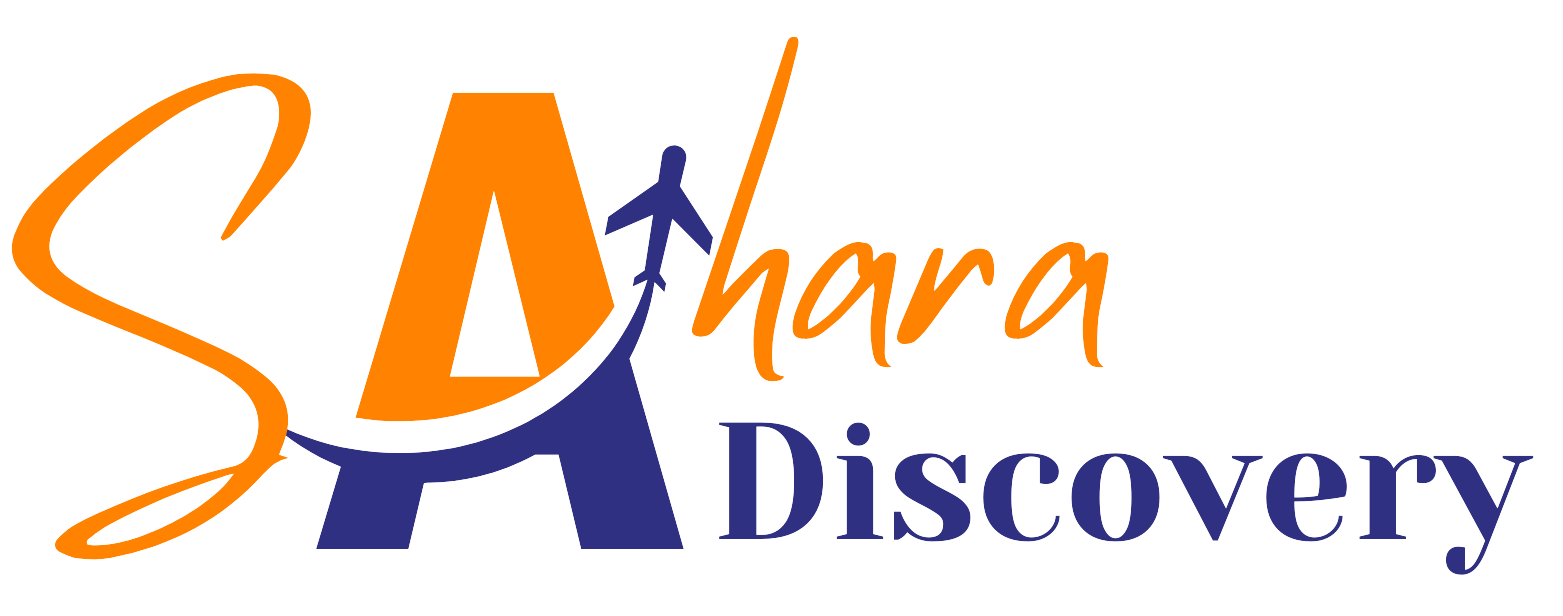Morocco Culture – A Rich Blend of Tradition, Heritage, and Hospitality
Morocco Culture is a vibrant tapestry woven from centuries of history, diverse ethnic roots, and deep spiritual traditions. Influenced by Arab, Berber (Amazigh), African, and Mediterranean civilizations, Moroccan culture reflects a harmonious coexistence of ancient customs and modern lifestyles. Visitors to Morocco often find themselves immersed in colorful traditions, rich artistry, and genuine hospitality.
Morocco is primarily made up of two major ethnic groups:
Berbers (Amazigh): Indigenous people of North Africa, known for their language (Tamazight), music, crafts, and nomadic traditions.
Arabs: Introduced Islamic culture and Arabic language after the 7th century.
Together, they form a dynamic cultural foundation, with many Moroccans identifying with both.
Islam is the dominant religion, and it influences daily life, social customs, and national holidays. The call to prayer, the architecture of mosques, and religious festivals like Eid al-Fitr and Eid al-Adha are central to Moroccan life. Yet, Morocco is known for its religious tolerance, including Jewish and Christian communities.
Art & Architecture: Moroccan design is famous for intricate tilework (zellige), carved wood, and decorative plaster. Cities like Fes, Marrakech, and Meknes are home to stunning palaces, riads, and madrasas.
Music: From Andalusian classical music to Gnawa rhythms and Berber folk music, Moroccan music is diverse and deeply expressive.
Handicrafts: Traditional crafts include leatherwork (like in the Fes tanneries), ceramics, carpets, and jewelry each region offering its own unique style.
Hospitality is sacred in Moroccan culture. Guests are treated with warmth, often welcomed with mint tea, dates, or sweets. Family gatherings are essential, and sharing food is a sign of respect and love.
Cuisine as Culture
Food is central to Moroccan identity. Meals are prepared with care, blending sweet and savory flavors, and served communally. Dishes like tagine, couscous, and pastilla reflect both cultural pride and tradition.
Djellaba: A long, hooded robe worn by both individuals.
Kaftan: A traditional dress for women, often elaborately decorated, especially during weddings and festivals.
From religious holidays to seasonal festivals like the Rose Festival in Kelaat M’Gouna or the Moussem of Tan-Tan, Morocco celebrates its culture with music, dance, food, and spiritual rituals.
